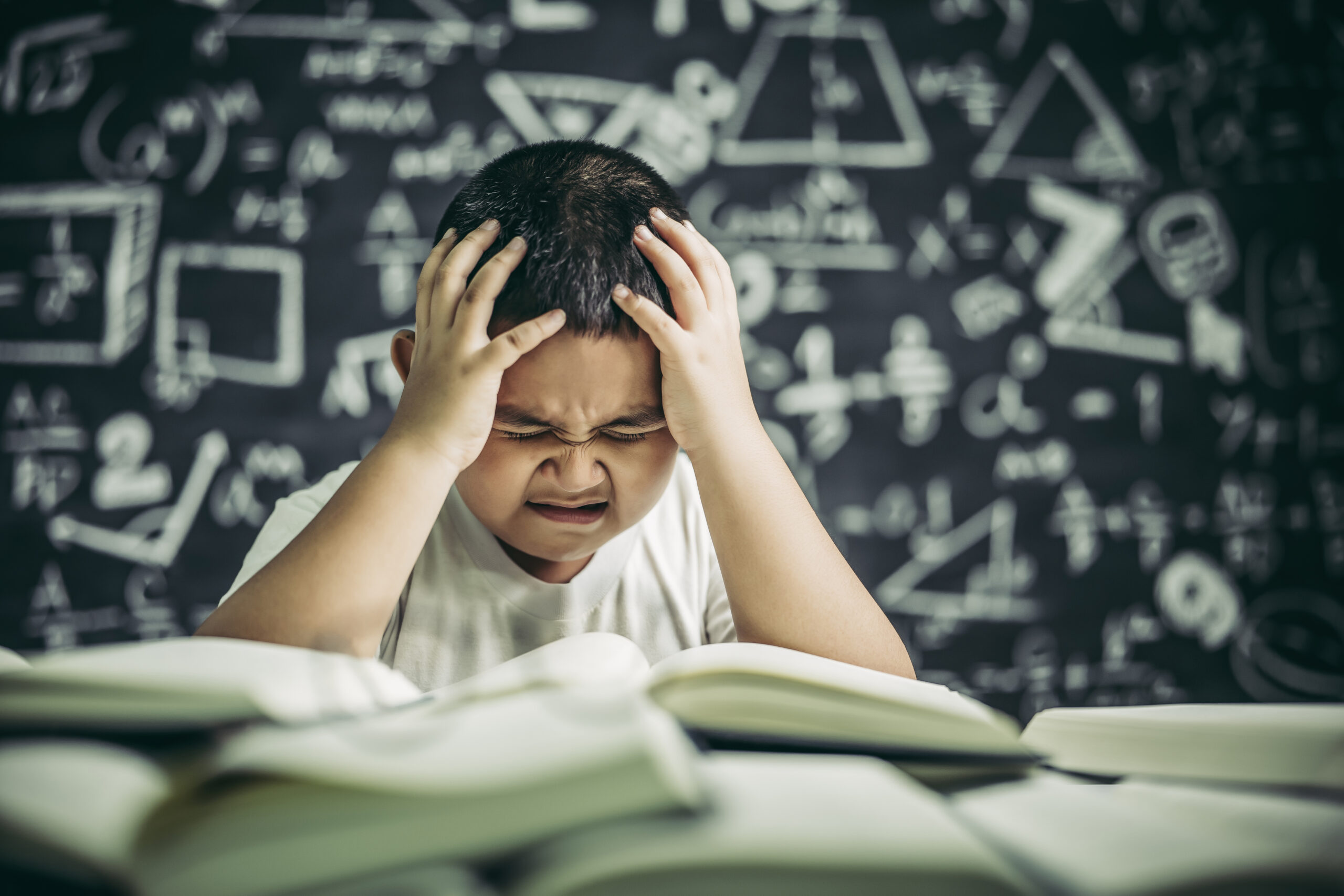Dyslexia accounts for nearly 80% of all learning disabilities worldwide. In India, the Dyslexia Association reported that in 2016, approximately 35 million children were diagnosed with dyslexia. Unfortunately, these numbers have not seen much improvement due to a lack of awareness. Many children remain undiagnosed because dyslexia is often misunderstood. Instead of recognizing the condition, society frequently labels children with learning disabilities as less intelligent or inattentive. As a result, these children struggle to reach their full potential in academics and everyday tasks.

What Is Dyslexia?
Dyslexia is a neurological condition that affects language processing. Children with dyslexia may experience difficulties in reading, writing, spelling, and even mathematical calculations. While dyslexia is a lifelong condition, early diagnosis and proper intervention can significantly improve learning capabilities.
Beyond academic struggles, dyslexia also affects various aspects of life, including self-confidence, focus, and memory.
Types of Dyslexia
Rapid Naming Dyslexia: Difficulty in quickly recalling names of letters, numbers, colors, or objects.
Surface Dyslexia (Dyseidetic Dyslexia): Struggles with recognizing and memorizing words, making reading comprehension challenging.
Phonological Dyslexia (Dysphonetic Dyslexia): Difficulty in sounding out words, recognizing syllables, and understanding word structures.
Visual Dyslexia: Impairment in visual processing, leading to difficulty in recognizing letters and words. Letters may appear blurred or reversed.
Double Deficit Dyslexia: A combination of rapid naming and phonological dyslexia, affecting both reading fluency and word recognition.
Signs of Dyslexia in Children
- If you suspect your child may have dyslexia, look out for these common signs:
- Delayed speech development in early childhood
- Difficulty following directions
- Frequent distraction and lack of focus
- Struggles with rhyming words
- Poor fluency in reading and writing
- Mishearing or mispronouncing words
- Issues with balance and coordination
- Challenges in mathematics (dyscalculia)
- Behavioral difficulties
Diagnosis and Treatment at Healing About You
At Healing About You, we specialize in diagnosing and treating dyslexia through comprehensive psychoeducational evaluations. Our assessments examine key areas such as:
- Auditory and visual processing
- Language skills
- Abstract reasoning and problem-solving
- Memory and attention span
- Visual-motor coordination
After analyzing test results, we develop a personalized intervention plan. Our services also include mediation with top specialists to ensure your child receives the best support.
For children diagnosed with dyslexia, we offer customized training programs that focus on reading, spelling, and comprehension using specially designed fonts and learning techniques.

Our Therapy Programs
At Healing About You, we provide scientifically proven, individualized therapies tailored to each child’s needs.
Applied Behavior Analysis (ABA) Therapy
ABA therapy focuses on identifying behavioral challenges and using reinforcement strategies to improve communication and learning skills.
Occupational Therapy
Essential for enhancing fine motor skills, cognitive development, and independence through specialized exercises and activities.
Speech Therapy
Designed to improve language development and communication skills, enabling children to express themselves with confidence.
Physiotherapy
Helps children develop mobility, coordination, balance, and strength to achieve their full physical potential.
Special Education
Customized programs that support children with special needs in achieving academic success and self-sufficiency.
Book an Appointment
If you suspect your child has dyslexia or would like to learn more about our intervention programs, don’t hesitate to reach out.

